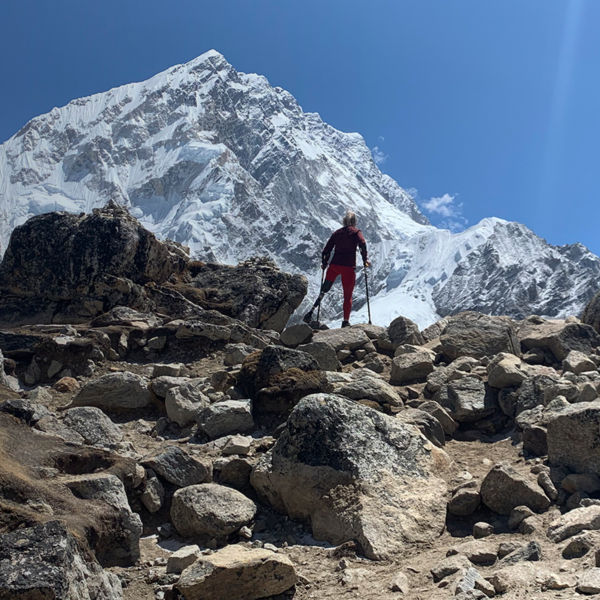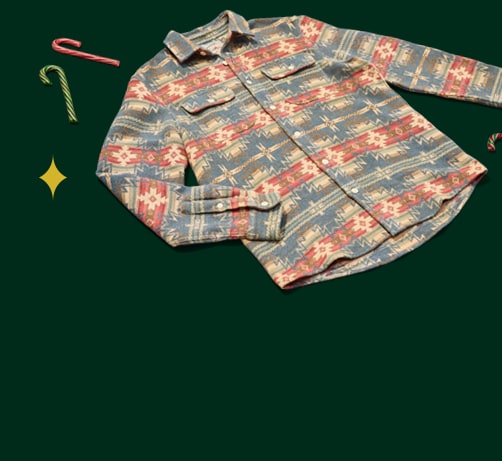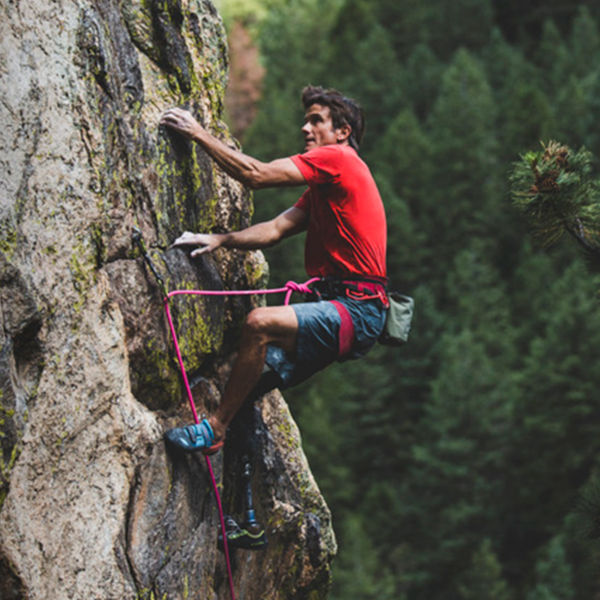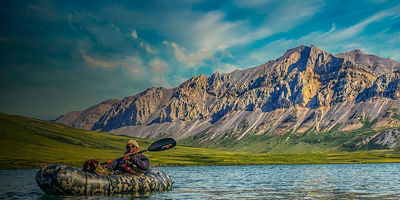
“He doesn’t feel pain. He doesn’t quit. His legs don’t get tired,” a filmmaker friend says of Josh Jespersen. The Navy SEAL, turned professional outdoor athlete and environmental activist, carves big mountains on his splitboard. In 2017, Jespersen turned heads in the backcountry when he used only 138 days to summit (and then ride down) all of Colorado’s 54 peaks over 14,000 feet in elevation. He smashed the state’s previous 14ers winter speed record and even did 28 of the summits solo.
Having fought in Iraq and Afghanistan, Jespersen chose the 14ers speed-record project to honor military personnel and veterans who lost their lives on the battlefield under his nonprofit, Mission Memorial Day. He is also the founder and president of the Veterans’ Outdoor Advocacy Group (VOAG) and an athlete ambassador for Protect Our Winters, where he acts as a lobbying arm to push Congress to address detrimental issues relating to environmental conservation.
After completing the 14ers project, he starred in the 2020 film The Brotherhood Escort. The documentary follows Jespersen and fellow Navy SEAL Rich Schuler, as they become the first skiers/splitboarders to traverse the jagged ridgeline length of southern Colorado’s Sangre de Cristo Mountains. It was there, that in 2018, the Bureau of Land Management had plans to sell leases on 18,000 acres of land. But when word got out, Jespersen and others halted it. “Oil and gas was going to come in,” he says. “Holding up a fight and continuing to show up is one of the hardest parts. If you fight for what you care about, you will eventually get that victory.”
To share his love of wild places, Jespersen takes people into the mountains to show them firsthand why these areas need protection. “There are so many different ways to take up this fight and different ways of activism,” he says. “You can go to rallies, write to your government—just take someone outside.”


%20-%20draft_1?qlt=95&ts=1692039215550&dpr=off)




